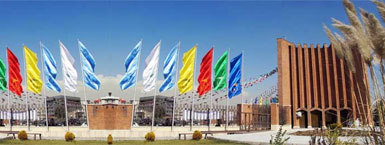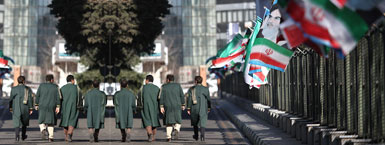Intellectual Property
The impact of innovation and the creation of more knowledge and information is inevitable in the growth and development of world economy. The Intellectual Property Law also aims to protect the exclusive right of the creators of knowledge and information. Nevertheless, the consumption and dissemination of knowledge and information are also among the main objectives of this legal system, which has led to the prediction of some exceptions and limitations on the exclusive right of the creators of the work. That is why the philosophy of the intellectual property system is to strike a balance between the interests of producers and consumers of knowledge and information. Iran, as a developing country, although at a limited level, is the producer of knowledge and information, is widely regarded as a consumer of knowledge and information. Using the capacity of the intellectual property system, Iran can protect its rich resources against the plunder of others. These issues have created the need for training specialists and theorists in the field of intellectual property who can, on the one hand, help the policy-makers and executors of the state on the domestic level and, on the other hand, are able to defend the rights and interests of the state internationally. With the motive of achieving these goals, the Faculty of Law of TMU, as a pioneer of academic studies in intellectual property in Iran, established this program at master level as an affiliation of private law in Oct. 2003 and five years later in Oct. 2008 founded the department of intellectual property. At present, this faculty admits master students in the field of intellectual property. Numerous courses are taught at this level including: literary and artistic rights, industrial property rights, philosophy and theoretical foundations of intellectual property, computer and modern communication rights, international commercial law, and intellectual property rights, intellectual property sanctions, conflict of intellectual property law, internet and e-commerce law, international arbitration, disputes between intellectual property rights and the rights of technology transfer and technical knowledge. These are among the lessons taught by the competent faculty members as well as visiting professors from other universities at this department. |




